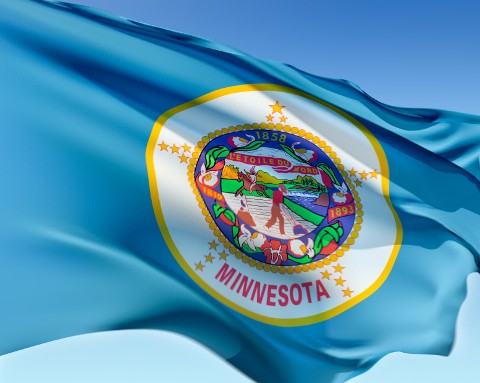
Article 1, BILL OF RIGHTS
Section 1. OBJECT OF GOVERNMENT. Government is instituted for the security, benefit and protection of the people, in whom all political power is inherent, together with the right to alter, modify or reform government whenever required by the public good.

Article 1, Section 8
- To coin money, regulate the value thereof, and of foreign coin, and fix the standard of weights and measures;
- To establish post offices and post roads;
FEDERAL FIX: We can change things to have Congress "coin" money to build roads (infrastructure). Debt free money would flow into circulation.
STATE FIX: We can pass a law authorizing a small change in accounting procedure, and allow State Chartered Banks to create (just like they do now, except debt free) and deposit new money into the State's Transportation Account. As the state follows the existing procedure for getting the roads build, new debt free money would flow into circulation.








